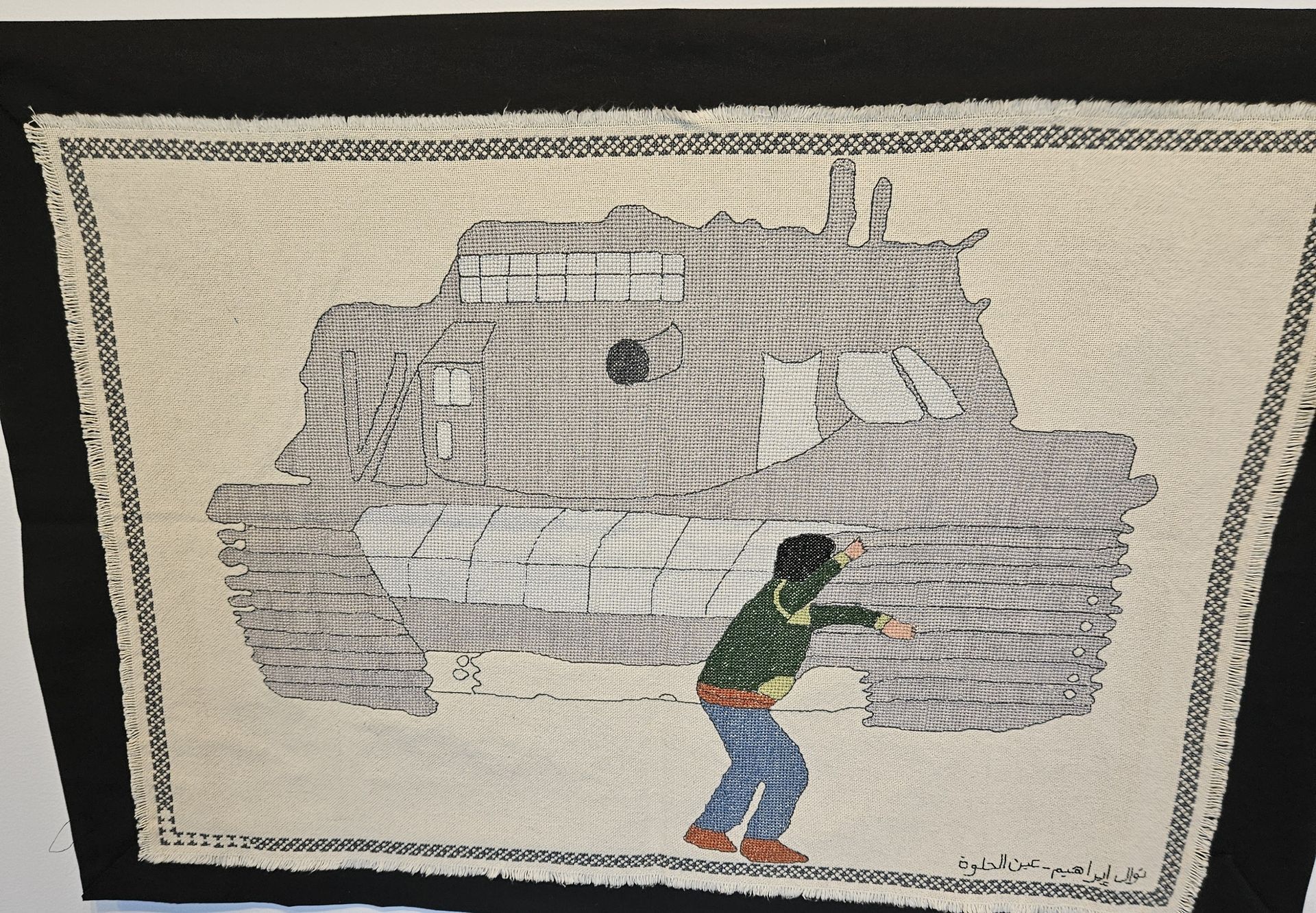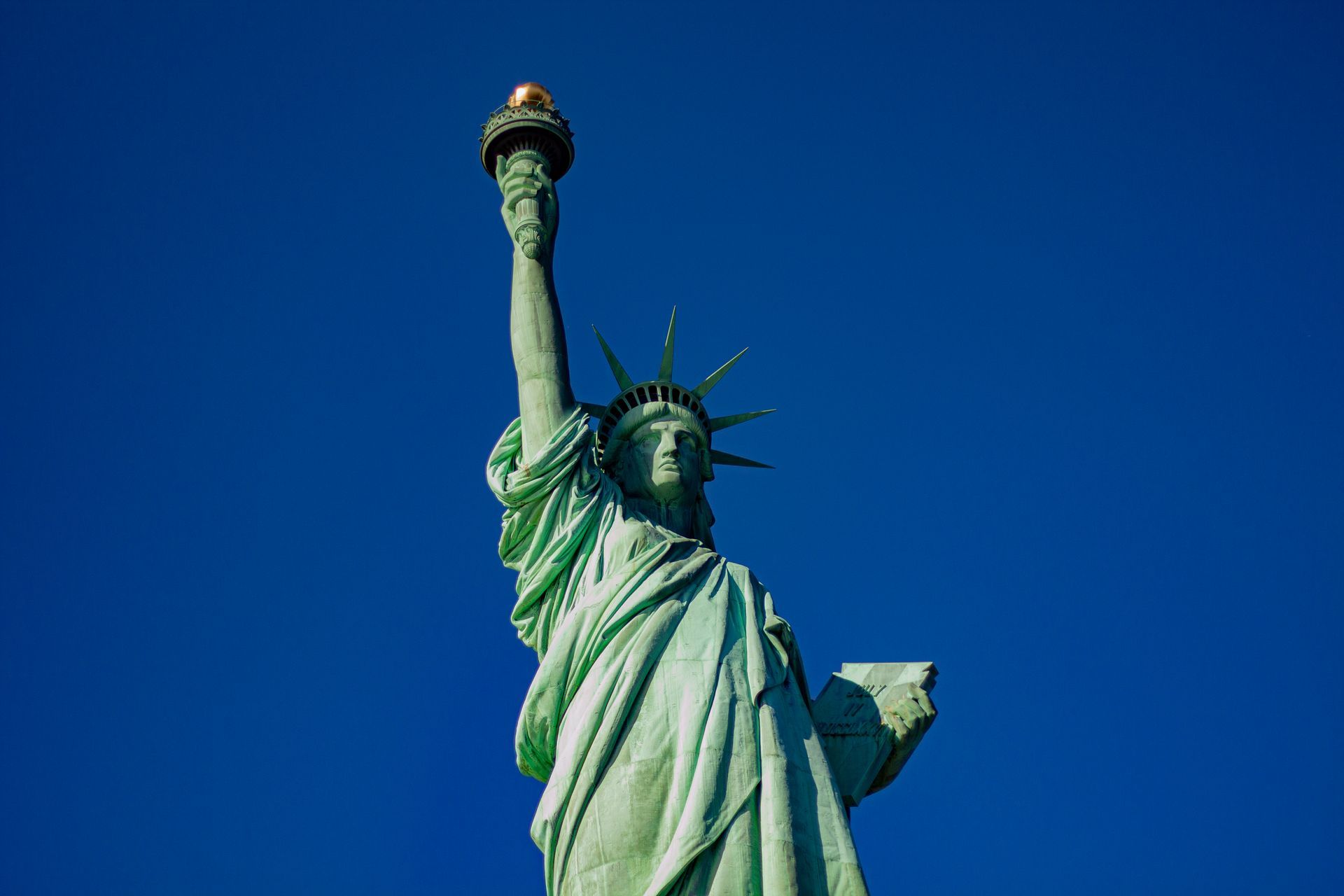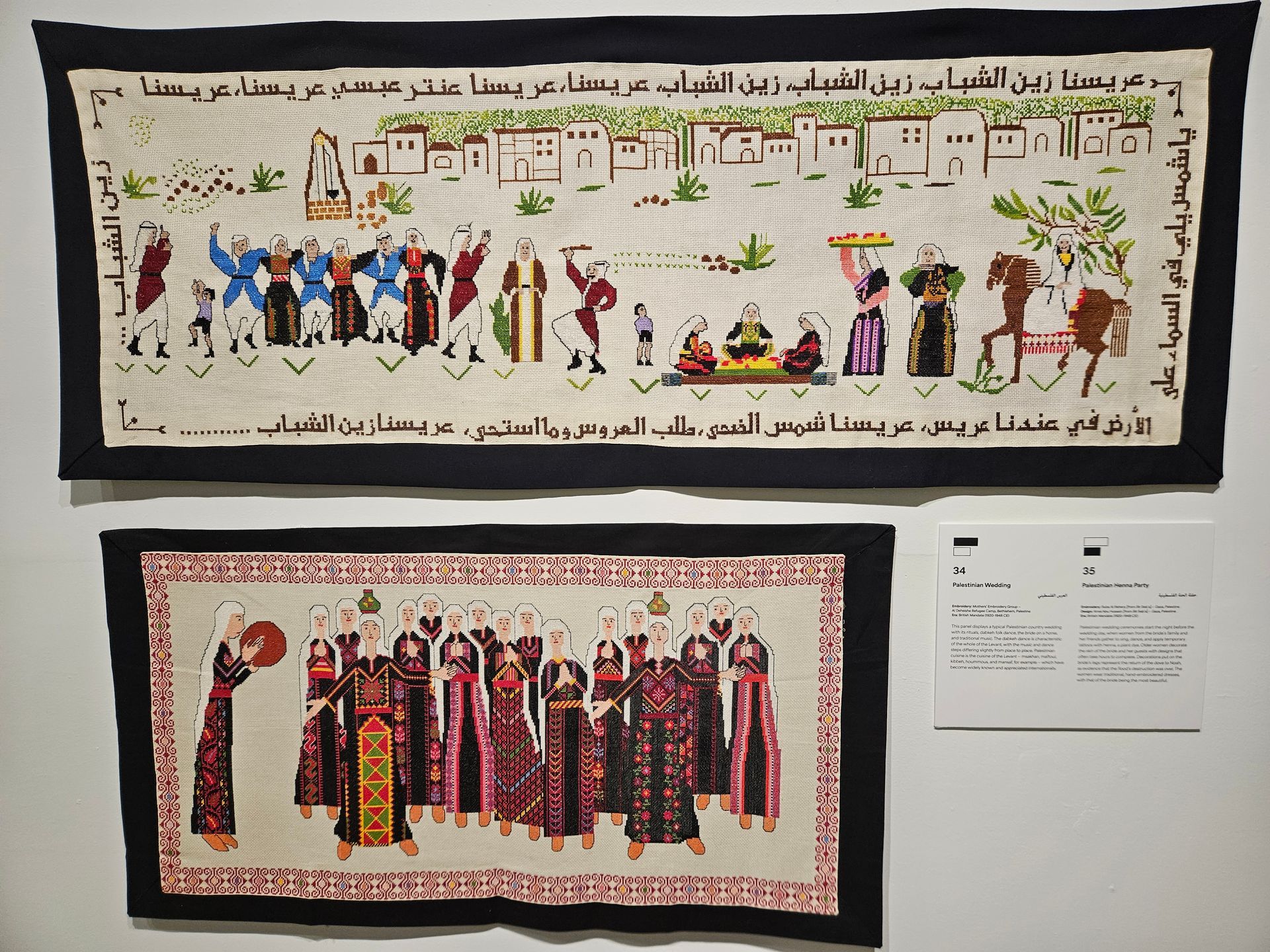
From Europe to Turtle Island

New York Harbour's Statue of Liberty - Not for Indigenous Peoples of Turtle Island
A Personal Settler History
I was born in August 1944 in the city of Middelburg, the capital of the province of Zeeland, in the Netherlands. I need to admit that at one point in its history, slave trade was carried out here, but soon rejected by the city.
My maternal family line consisted mainly of well-to-do farmers, leasing lands from substantial land owners, including the Roman Catholic Diocese of Utrecht. My paternal genealogy up to the end of the 19th century is primarily agricultural and then becomes ecclesiastical with my grandfather, father, an uncle, and a brother as ministers in the Protestant tradition.
World War II
My birth in August of 1944 took place in the guest room of the manse right next to the church where my father was one of three pastors service in the city. Our house involuntarily hosted two German officers, part of the occupying Nazi forces blockading Allied efforts to access the port of Antwerp via the western Scheldt River.
During curfew hours, my father worked on his doctoral thesis focused somewhat uncritically on the theological and missionary principles and practices of Wm Carey, the “father of modern missions” in the late 18th and early 19th centuries in Serampore, India. Father also quietly informed the resistance movement about what he had gleaned from a radio hidden in the roof trusses of the church. Our family – close and extended – did not suffer traumatic losses in the war, but had to function carefully and often secretively to prevent punishment by the occupier’s subjugation and oppression.
When I was three months old, the Allies bombed our island’s occupiers and blew up portions of the dikes protecting us from the North Seas waves with the result that most of the Walcheren Island was flooded. The benefit was that the Germans ended their occupation and had to surrender to British forces.
Liberation
The rest of the Netherlands had to suffer dramatically for another half year till on May 5th, 1945, the German forces capitulated in the town of Wageningen to Canadian General Charles Foulkes resulting in the liberation of the entire nation.
The war ended but not the turmoil and the trauma which had been endured. As well, there was a sudden switch in the Allies camp – the Soviet forces became a formidable threat which awakened fear in the Dutch that another occupation might take place. Was Stalin’s state communism going to subjugate all of Europe?
The war and its consequences, plus being the youngest of five children, have, I believe, created in me a strong reaction to superior power and bullying authority - injustice.
America Calling
Meanwhile, my father’s professional ambitions led him to explore and imagine places where there might be peace and greater professional fulfilment. In 1950, he travelled to the USA for a three-month speaking/preaching blitz in various cities. He returned to Middelburg thinking that peace and fulfilment might be gained in the “new world.” He accepted a “call” to serve as pastor to a small congregation of Dutch settlers and also served as chaplain to the seamen’s home in Hoboken, New Jersey, the then terminus of the Holland America Line.
Our family said good-bye to all our relatives in both Zeeland and in the more northern provinces. We waved farewell to my maternal grandmother looking out of her home’s picture window as the train to Rotterdam rolled past. It was unclear whether we would ever see her and her paternal counterpart in Rijswijk near The Hague again. The sense of loss was hardest on my mother.
After seven days on the MS Nieuw Amsterdam, we sailed past the Statue of Liberty in April of 1951 to settle in Hoboken. There we were among a variety of “new Americans” – Italian, Puerto Rican, German, Dutch – and, for us, a whole new experience: Black people and their sorry history in the USA.
There were no “Indians” to our knowledge, but soon after we got our first television, we discovered them in programs like The Lone Ranger and Hopalong Cassidy. I also learned about the “purchase” of Manhattan from local First Nations by Dutch Settlers of the 17th Century and their subsequent conquest by colonizing British forces.
But overall, we lived with the notion that America was a nation of “melting pot” white people largely from Europe now living out the nation’s destiny. The bloody history of “Indian” – American Indigenous Peoples, in particular – remained virtually unknown to me or ignored by the adults.
Canada Calling
In 1955, we moved again – another 3000-mile trek - to Vancouver B.C. Again, there were Dutch immigrants, including our family, and little if any awareness of local or regional Indigenous Peoples – even though Vancouver is surrounded by Reserves – Tsawwassen, Musqueam, Kwantlen. Kwikwetlem First Nations, often sliced and diced in the settlers’ favour for various industrial and infra-structure projects. There was certainly no sense of respecting the lands reserved for Indigenous Peoples and held in trust for them by the Crown.
We lived in manses beside the churches my father served. Purchasing land was not a direct issue for our family. But we enjoyed the natural beauty of sea, land, and mountains with little reference to the actual “owners” of these lands. The churches we worshipped in, the schools we attended, UBC with its “endowment lands,” the hotels where my brothers and I got summer jobs – all were “just there” – all on “native” land.
Bliss-less Ignorance
Hindsight reveals to me that the Doctrine of Discovery with its complement, the concept of “terrae nullius”, were unnamed and unrecognized givens, with legal subjugation and apartheid previously experienced in the war but hardly known or recognized in this new context. Even majoring in history in both high school and undergrad UBC did not open my eyes to the realities of injustice to which Indigenous Peoples were being subjected.
I moved to Toronto in 1965 to study theology at Emmanuel College. Canadian history was assumed to be boring so European political and ecclesiastical history got the academic attention. Again, the realities experienced by Indigenous Peoples were ignored – as if inconsequential.
Opening Eyes
As a student minister for two summers in Manitoba, I “met” some First Nations people from northern Reserves attending the Conference annual meetings. They were always on the margins of things and I experienced little effort to build community with this minority. Shamefully, they were left apart – by me and the meeting leadership - as if they were aliens from another world, rather than the actual involuntary hosts to dominant settlers on their lands.
In 1980, after further studies in Geneva, my partner Glenys and I job-shared the deputy-secretary role in the Division of Ministry Personnel and Education of the UCC. It meant that I became the link to the theological education centres/Con Ed programs and that Glenys served as the theological education advocate for marginalized church workers: women, diaconal ministers, lay workers, and Indigenous professionals.
Our lives suddenly became much more aware of the Indigenous reality in the church and to some extent in society. We had the privilege of hosting in our homes Indigenous people attending national meetings, of visiting churches on reserves, and attending national consultations where talking circles told the tales we had not heard or heeded previously.
Touching the Heart
The UCC Apology of 1986 was a turning point in our and the church’s awareness. The election of Stan McKay as Moderator in 1992 was a watershed moment. Glenys’ staffed a group initially addressing the UCC Residential Schools issues and staffed the Aboriginal Rights portfolio. We shared out the basement unit of our home with a First Nations woman, staffing the Healing Fund portfolio in Church House. We heard and shared with First Nations people and almost invariably experienced their gracious and generous ways in the face of my settler ignorance.
The story requires more but I can confess that I only came to understand the gravity and evil of the Settler-Indigenous experience in Canada when I saw the film produced by the Anglican Church of Canada with the title “The Doctrine of Discovery” at a learning event in our local church – First UC Ottawa. It became a long overdue epiphany. My historical and theological studies and my observations from lived experiences with Indigenous Peoples finally forced open my eyes and heart to the foundational horrors inflicted on Indigenous Peoples since “Contact” and especially in the latter half of the 19th Century by settlers - like me, soldiers, and politicians. The Indian Act of 1876 was the legislative package to assimilate "Indians" out of existence.
Confession
All this awakened for me personal and professional shame/guilt for my ignorance and lack of faithfulness to the Gospel of Jesus Christ. As well, the experience revealed how colonialism’s sinful hubris and greed has infected so many nations – led by European, usually “Christian”, colonizers, including my own homeland, the Netherlands, and has afflicted too many Indigenous Peoples around the world.
Perhaps the real “original sin” is the human propensity to dominate “others” and deprive “inferior” neighbours’ – near and far - of both land, wealth, and self-determination.
Engagement
So, for the past three years I have been learning, discovering, reflecting, planning, discussing, and writing – in partnership with Indigenous and settler colleagues and acquaintances about ways to address some of the injustice and damage done and to foster personal, political, economic, and religious ways that might lead to a new relationship and a more just future for all. Meanwhile (full disclosure) our family “owns” an apartment along the Ottawa River and a 100-acre cottage property near Bancroft Ontario on unceded lands of the Algonquin Peoples – facts that present their own dilemmas and ambiguities in faithfulness and justice.
~ ~ ~ ~ ~ ~ ~ ~ ~ ~ ~ ~ ~ ~ ~ ~
[Author's note: This Pilgrim Praxis post was written in response to reading the book by
Elaine Enns & Ched Myers : Healing Haunted Histories - A Settler Discipleship of Decolonization. Eugene, Oregon, Cascade Books, 2021, ISBN 978 1 7252 5535 7 - and for involvement in a continuing education on-line course focused on the subject.]
Th

